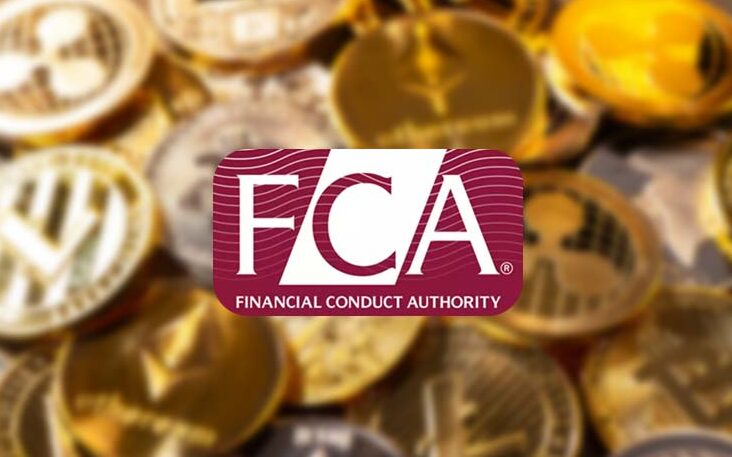The Financial Conduct Authority (FCA) has raised red flags against over 140 crypto exchanges, urging British investors to exercise caution. The list includes prominent names like Huobi and KuCoin, warning of potential scams and the need for adherence to regulatory standards.
Navigating the Regulatory Landscape
The UK’s regulatory environment for cryptocurrency exchanges is unambiguous. Firms seeking to offer crypto asset services must register with the FCA or gain temporary clearance. This framework ensures investor protection and legal compliance.
Jayson Probin, the FCA’s crypto promotions head, has been vocal about the repercussions of non-compliance. With the authority to shut down rule-breaching websites and social media accounts, the FCA is committed to stringent enforcement of its standards.
A Slim Approval Rate
Alarmingly, only a fraction of the applicants have met the FCA’s criteria. A mere 13% of the 291 firms since 2020 received approval, showcasing the rigor of the regulatory process. Currently, only 42 entities, including Bitstamp, Revolut, and Gemini, are sanctioned.
The stringent regulations have prompted companies like PayPal and Bybit to reconsider their UK operations, underscoring the significant impact of the FCA’s guidelines on the crypto landscape.
Choosing Wisely
For UK crypto enthusiasts, the message is clear – opt for regulated entities. The safety of investments hinges on this critical choice, as dealing with unauthorized firms amplifies the risk of scams and financial losses.
Information is power. Keeping abreast of the FCA’s advisories ensures investors make informed decisions, enhancing the safety of their investments amidst a complex and dynamic crypto environment.
The Regulatory Framework’s Implications
The UK’s FCA, in its unwavering vigilance, added a plethora of crypto exchanges, including giants like Huobi and KuCoin, to its cautionary list. The regulatory body’s uncompromising stance underscores its commitment to consumer protection and legal adherence in the bustling world of digital currencies.
In the UK, a definitive regulatory protocol is in place for crypto exchanges. Every entity aspiring to proffer crypto services must be duly registered with the FCA or possess a temporary operational allowance, ensuring the safeguarding of investor assets.
Enforcing the Law
The regulatory body isn’t shy about wielding its authority. Firms flouting the rules face severe repercussions, including website and social media shutdowns, emphasizing the FCA’s unwavering commitment to upholding legal and safety standards.
Given the rigorous regulatory environment, giants like PayPal and Bybit are reassessing their UK operations. It’s a strategic pause, aimed at ensuring alignment with the FCA’s stringent guidelines.
Safety First for Investors
The crux for UK-based crypto aficionados is unequivocal – prioritizing regulated firms is paramount. In the intricate and often volatile crypto world, this strategic choice is the bedrock of investment safety, mitigating the risks of scams and financial pitfalls.
Knowledge remains the investor’s best ally. Staying updated with the FCA’s alerts and advisories empowers investors to navigate the crypto waters with informed precision, ensuring their assets remain secure amidst the sector’s complexities.












